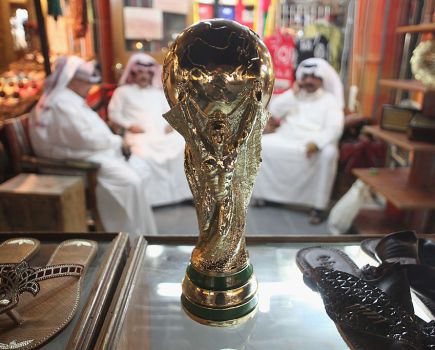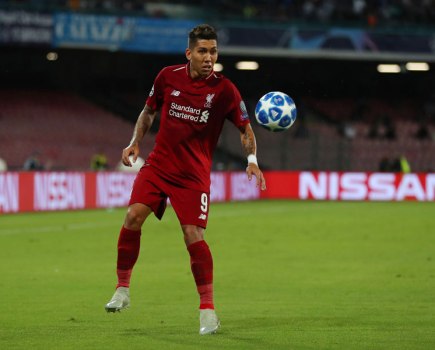 FIFA entered January believing that it would be a happy new year in terms of preparations for the 2014 World Cup finals in Brazil.
FIFA entered January believing that it would be a happy new year in terms of preparations for the 2014 World Cup finals in Brazil.
Ricardo Teixeira had taken a 40-day ‘leave of absence from all football duties’ which removed one focus for controversy and all the signs from politicians were that the World Cup Law would finally find its way to Congress, Senate and Presidential approval.
That was the state of play when secretary-general Jerome Valcke completed the first of his scheduled bi-monthly visits. Now, however, the bright horizon of progress – better very, very late than never – is clouding over again.
Teixeira is one problem because a new wave of accusations and allegations have been thrown in his direction just when he had the personal satisfaction of seeing the ending of an investigation into money-laundering allegations and a freezing of attempts to open up the contentious ISL court file.
He is president of the Brazilian football confederation, long-serving member of the FIFA executive and still the formal president of the 2014 World Cup local organising committee although old World Cup-winning hero Ronaldo is being used as a PR ‘front’.
The latest allegations concern over the murky finances surrounding Brazil’s 6-2 friendly win over Portugal on November 22, 2008, in Brasilia. They follow a familiar pattern after a string of senior public officials in various government ministries have quit in the last six months because of an apparently endemic practice of over-pricing projects funded by national and regional governments.
Questions over the financial organisation of the 2008 friendly were first raised 18 months ago but then went away after investigations appeared to have hit a dead-end. Now they have been revived after inquiries by the Folha newspaper of Sao Paulo into a now-defunct marketing company, Ailanto and its subsidiary, VSV, whose registered address had been a farm owned by Teixeira some 50 miles outside Rio de Janeiro.
One of the key figures in Ailanto, according to Folha, was Sandro Rosell – now the president of world, European and Spanish champions Barcelona – and who had become a friend and business colleague of Teixeira when heading up Nike’s sponsorship of the Brazil national team.
Folha claims that the staging and hotel costs charged to the organiser –the state governor’s office – were almost twice the rates current at the time.
Teixeira, responding to questions from Folha about a reported 12 financial irregularities in the match contract, has said that all incomes had been properly registered with the tax authorities. Folha has not accused Teixeira directly of wrongdoing but, by checking back on the marketing companies, had linked him to a match contract which has now generated at least a dozen financial irregularities.
This is not the first Rosell’s name has been thrown into the mix. It first surfaced last year in relation to doubts about his old friend’s modus operandi in the sale and purchase of a private Cessna aircraft from the TAM internal airline in a deal involving one of Teixeira’s companies.
Simultaneously, back in the political arena, the World Cup Law is stuck again. The law, to provide the legal foundation for the hosting of the 2014 finals, was held up last year by a string of objections – to some extent from politicians speaking more to their own constituencies than the issue – and a lack of will on behalf of the government of President Dilma Rousseff.
On Tuesday it had been expected that all the necessary compromises had been struck, in particular relating to ticket prices in the lowest category. However a late civil court objection has been registered concerning the alcohol sales issue.
A network of local rules and regulations bar alcohol sales in and around stadia but FIFA, one of whose major sponsors is Budweiser, insists this must be relaxed. The latest delay means that the Bill cannot now be considered again until March – if then.
A further spoke has been thrown into the wheels by a Senate sub-committee’s approval of a Bill that young people between 15 and 30 years should be entitled to half of the tickets made available for public events – which includes both the World Cup and the Rio 2016 Olympics.
The regulation would apply to students and young people included in the Family Grant Program. It would apply to 40pc of tickets for solely private events and 50pc of tickets for events part-financed from the public purse, which includes the world’s two greatest sports events.
This would appear to cut directly across the compromise agreed with FIFA over World Cup ticket prices.
Just when Valcke thought he was making progress . . .
By Keir Radnedge






